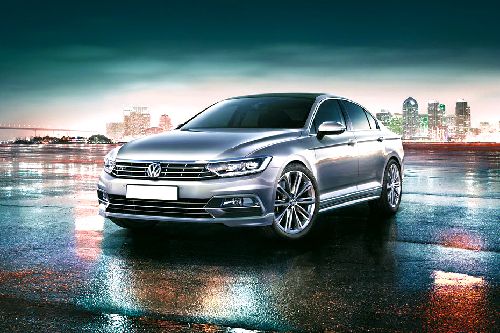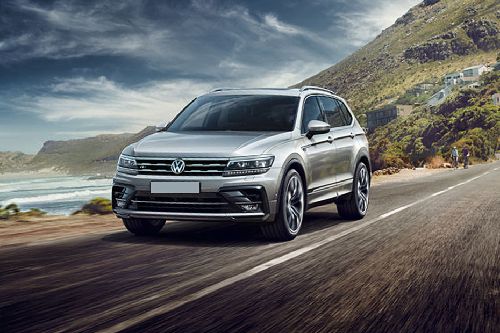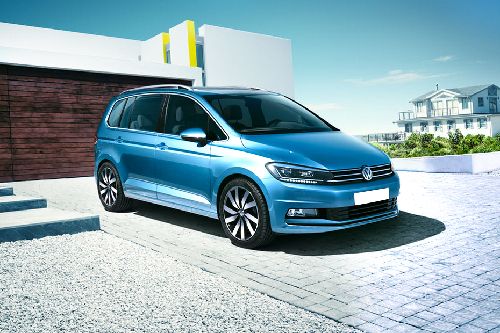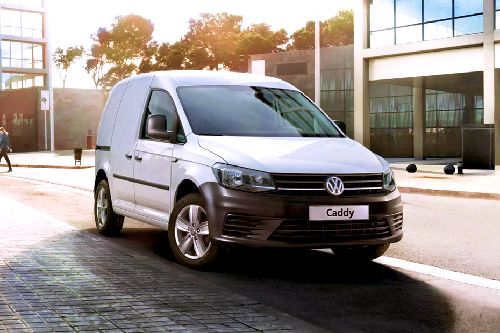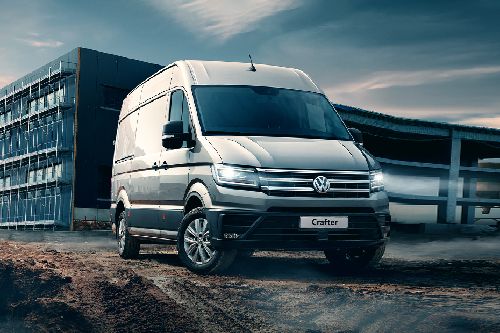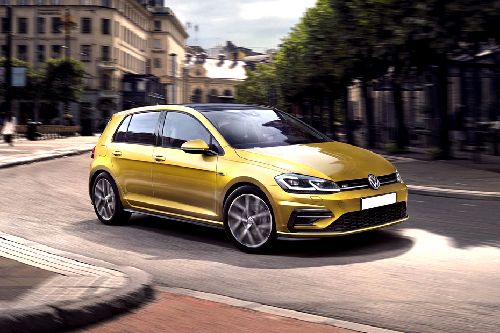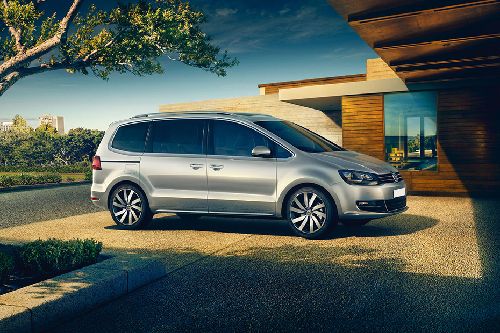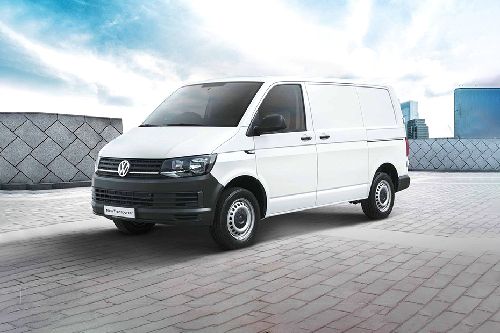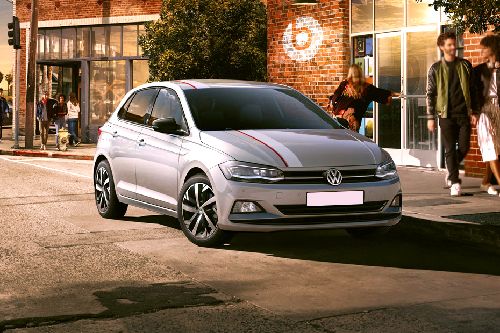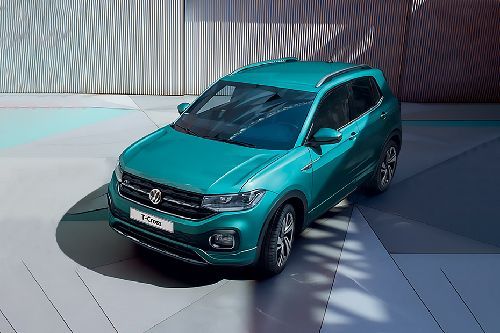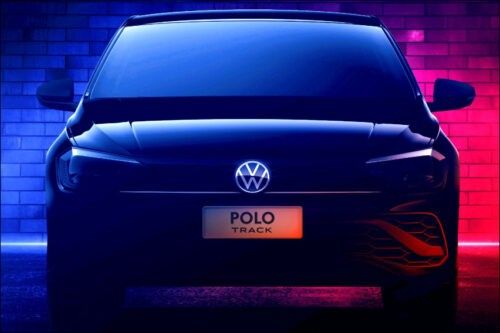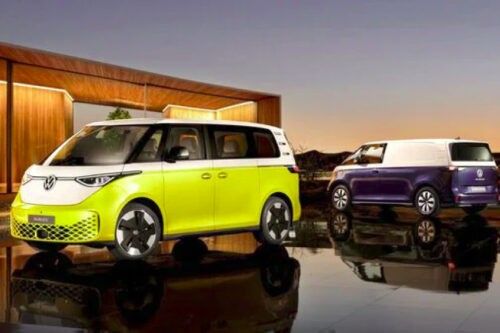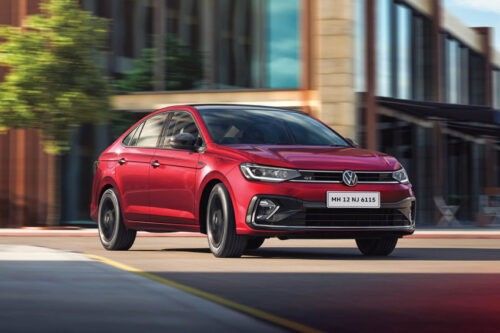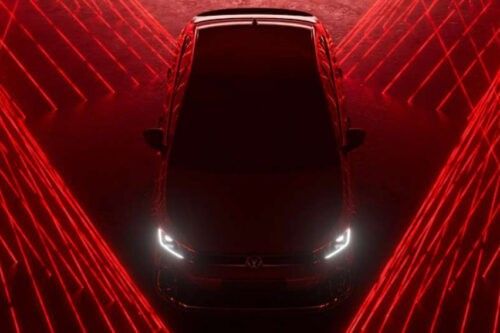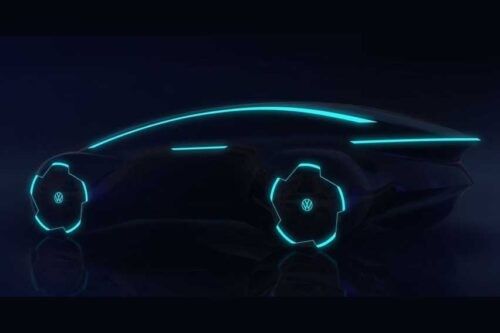Volkswagen finds a new way to reduce its carbon footprint

While the world is on the brink of forgoing diesel cars, Volkswagen embraces them with a more eco-friendly solution! The German automotive manufacturer is officially approving its latest-generation 4-cylinder diesel engine car models for use with paraffinic fuels.
KEY TAKEAWAYS
What is paraffinic fuel?
The newly developed paraffinic fuels are clean and made with high-quality fuels containing bio components, which ensure huge CO2 emissions of up to 95%.The newly developed paraffinic fuels are clean and made with high-quality fuels containing bio components, which ensure huge CO2 emissions of up to 95%. Thus, Volkswagen is on its way to reducing the carbon footprint in Europe by 40% by 2030 and hopes to be carbon-neutral by 2050.
The automaker has approved all its models delivered since June 2021 having four-cylinder diesel engines to start operation using paraffinic fuels. Volkswagen further says that this decision is made in compliance with the EN 15940 European standard, which is a paraffinic diesel fuel specification encouraging the use of cleaner transport on the road.

In the last two years, the market shares of diesel have dropped significantly, which questions the future of diesel cars! However, Volkswagen found out a new way to keep diesel cars alive while ensuring remarkable 70%-95% savings in CO2 emissions compared to conventional diesel engines.
Volkswagen is on its way to helping its European customers to significantly decrease their CO2 emissions by up to 95%, announced Thomas Garbe, the head of Volkswagen’s petrol and diesel department. This would be possible as soon as the newly developed paraffinic fuels are available locally.
A wide range of paraffinic fuels is produced from waste materials and biological residual matter, including HVO (hydrotreated vegetable oil). These biofuels have the potential for increasing the energy market share up to 20%-30%.
Garbe further added that the use of these eco-friendly paraffinic diesel fuels is a much more sensible option, especially for automakers having a mixed fleet, including electrified vehicles as well. This is why Volkswagen is also emphasizing the importance of partially or fully electrified vehicles.
While Volkswagen is committed to using cleaner diesel engines for the next decade, it is working more on replacing its line-up entirely with EVs. At the same time, the German automaker is systematically developing its existing range of cars having combustion engines.
In this way, Volkswagen is catering to the current needs of its consumers while ramping up its efforts in developing a completely carbon-neutral world.
Also read: Volkswagen plans to set another Wolfsburg factory to build its upcoming EV
Volkswagen Car Models
You might also be interested in
- News
Volkswagen Featured Cars
- Popular

